The United Kingdom relies on a broad range of fuels to keep homes warm, businesses operating, and transport systems running. Over the last decade, the nation’s energy mix has undergone a dramatic shift as renewable sources have gained ground and traditional fossil fuels have declined. Understanding the main fuel categories helps households and businesses make better energy decisions while supporting the UK’s long-term environmental goals.
Road Transport Fuels
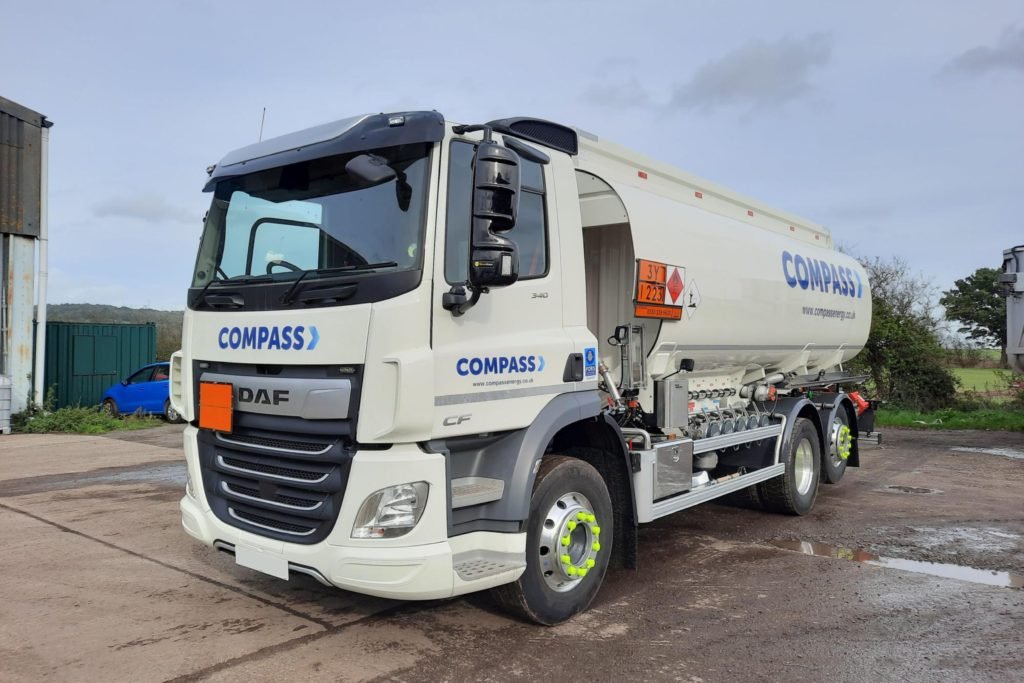
Petrol
Petrol remains the most common motor fuel nationwide, powering millions of cars and light vans. It is prized for its easy availability and smooth engine performance. Unleaded petrol now contains a higher proportion of bioethanol (E10 blend) to reduce greenhouse gas emissions, part of the government’s strategy to lower the carbon intensity of road travel.
Diesel
Diesel remains essential for heavy goods vehicles, buses, and many commercial fleets because of its superior energy density and fuel economy. Modern diesel engines produce lower carbon dioxide emissions per mile than petrol engines, although they emit more nitrogen oxides. To address air-quality concerns, cleaner diesel formulations and advanced exhaust treatments are now standard.
Alternative Vehicle Fuels
Alongside conventional petrol and diesel, the UK is witnessing steady growth in alternative fuels. Compressed Natural Gas (CNG), Liquefied Natural Gas (LNG), and biodiesel blends are becoming viable options for fleets seeking to cut carbon footprints. Electric vehicles, powered by electricity rather than liquid fuel, are also reshaping the transportation sector and driving the development of new charging infrastructure.
Heating Fuels
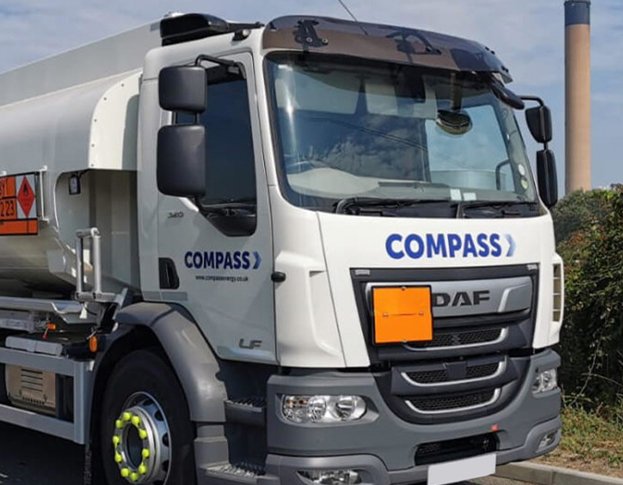
Natural Gas
Natural gas remains the primary heating source for most UK households, delivered through an extensive network of pipelines. It offers reliable performance and relatively low cost.
Domestic Heating Oil
Delivered in bulk to on-site storage tanks, it powers boilers and hot water systems throughout the year. Suppliers now promote low-sulphur oil and bio-blended products to cut emissions and improve efficiency.
Liquefied Petroleum Gas (LPG)
LPG burns cleanly and can also fuel cooking appliances and small vehicles. Its portability—stored in cylinders or tanks—makes it a practical option for remote areas and mobile catering businesses.
Industrial and Commercial Fuels
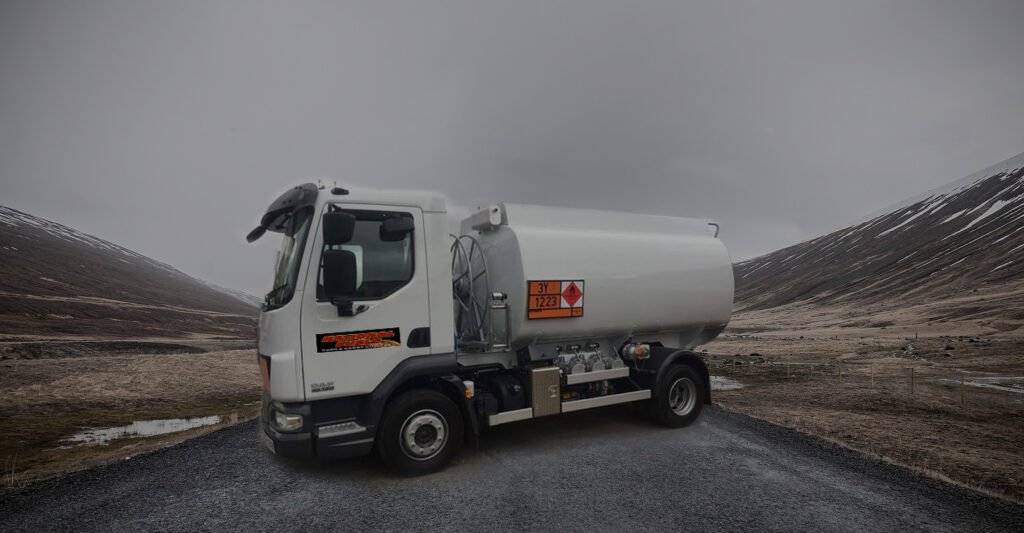
Fuel Oil and Gas Oil
Factories, construction sites, and large commercial operations often rely on heavy fuel oils or gas oil (sometimes known as red diesel) for machinery and backup power. These fuels are taxed differently from road diesel and are restricted to specific non-road uses. Suppliers typically provide bulk deliveries and on-site storage solutions to keep operations running smoothly.
Coal and Solid Fuels
Although coal use has fallen sharply in power generation, it still plays a role in certain industrial processes such as steelmaking and some heritage rail services. Smokeless solid fuels, including manufactured briquettes, remain available for open fires and multi-fuel stoves in homes that prefer traditional heating methods.
Renewable and Low-Carbon Fuels
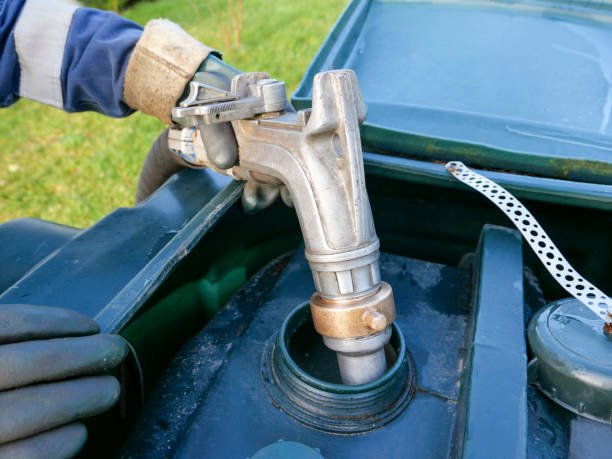
Biofuels
Biofuels can replace or blend with petrol and diesel in existing engines with minimal modifications. Many transport operators and farmers are adopting biofuels to lower lifecycle carbon emissions without sacrificing performance.
Hydrogen
Hydrogen is emerging as a promising zero-emission fuel for both vehicles and the industrial sector. When used in fuel cells, it produces only water vapour as a by-product. Pilot projects across the UK are testing hydrogen-powered buses, trains, and home heating systems, highlighting its potential as a cornerstone of a future low-carbon economy.
Renewable Electricity
While not a “fuel” in the traditional sense, electricity generated from renewable sources—such as wind, solar, and tidal power—is rapidly transforming the UK energy market. Electric vehicles, heat pumps, and smart home technologies increasingly depend on this clean electricity to displace fossil fuels.
The Shift Toward Sustainability
Government policies and public awareness are pushing the UK toward cleaner energy choices. Carbon pricing, low-emission zones, and incentives for electric vehicles are reducing reliance on petrol and diesel. At the same time, investment in offshore wind farms, solar arrays, and hydrogen production is expanding the supply of renewable energy. Consumers and businesses now have more opportunities than ever to choose fuels that strike a balance between cost, reliability, and environmental impact.
Choosing the Right Fuel
Selecting the most suitable fuel depends on location, energy needs, and environmental priorities. Urban households connected to the gas grid may find natural gas or electric heating the most practical option, while rural properties often rely on heating oil or LPG. Vehicle owners weigh the convenience of petrol and diesel against the long-term savings and environmental benefits of electric or alternative fuels. Industrial operators consider not only price and availability, but also compliance with increasingly stringent emissions regulations.
Conclusion
The UK’s fuel mix is evolving rapidly, blending long-standing options like petrol, diesel, and natural gas with innovative solutions such as biofuels, hydrogen, and renewable electricity. Each fuel type offers distinct advantages, from reliability and energy density to sustainability and low emissions. Understanding these options enables households, businesses, and policymakers to make informed choices that support both present-day energy demands and the nation’s commitment to a cleaner, more resilient energy future.







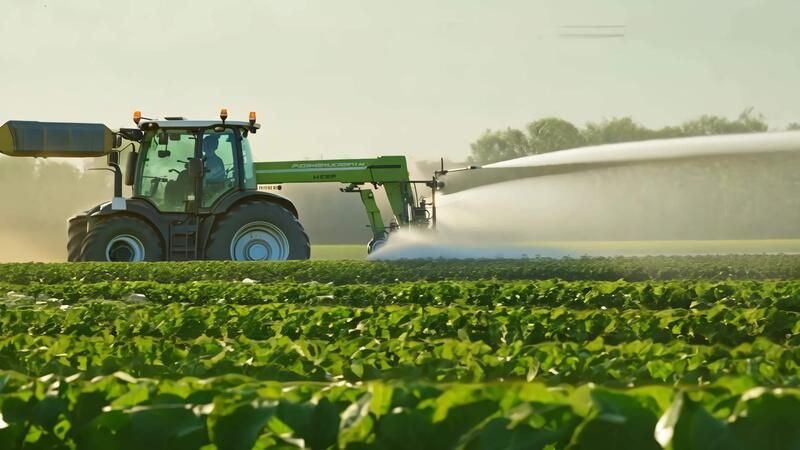








Leave a Reply